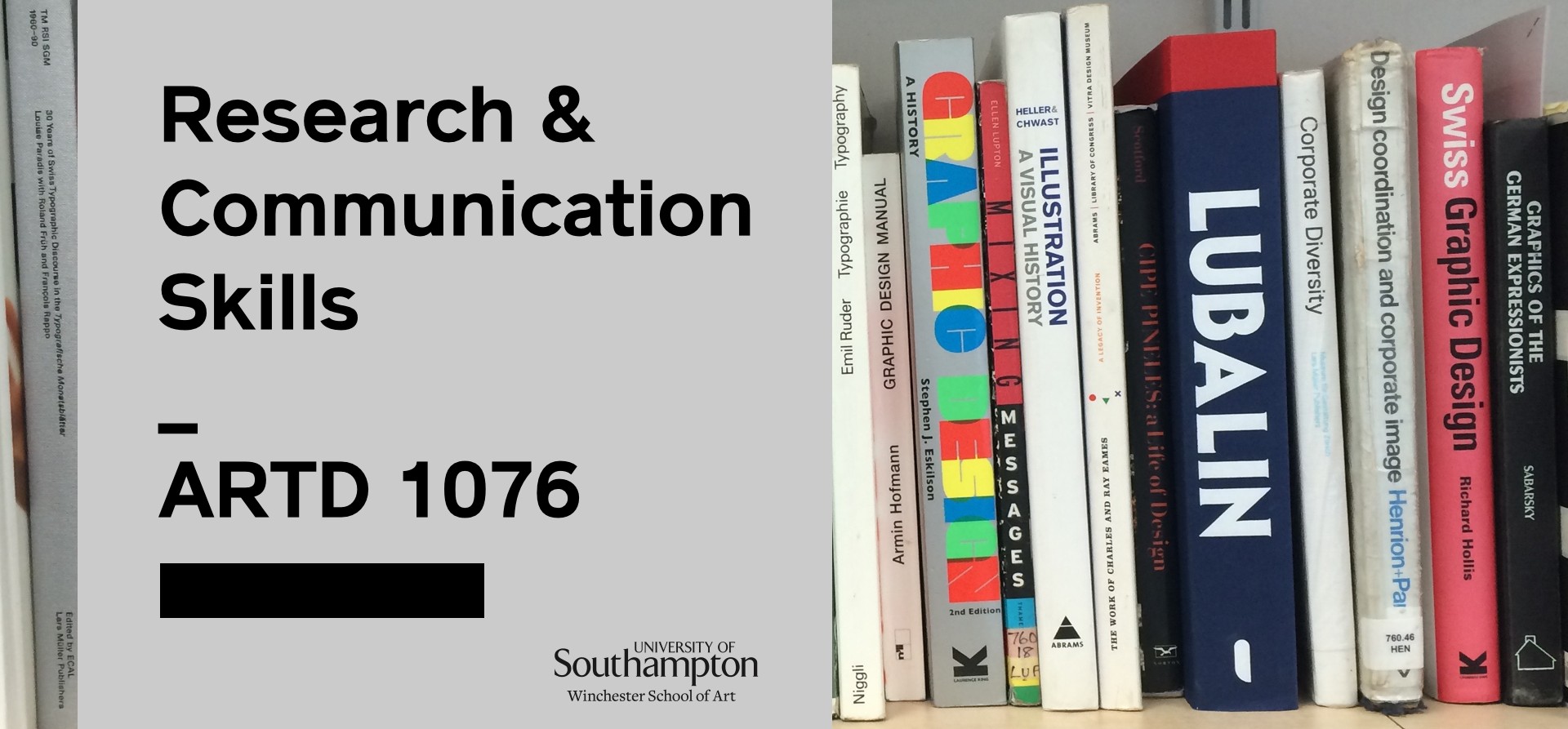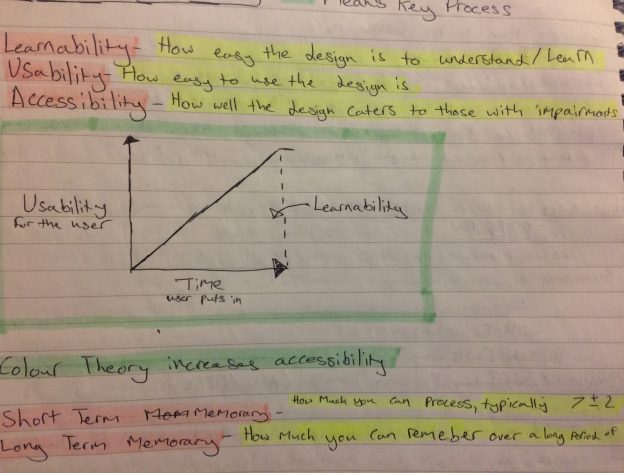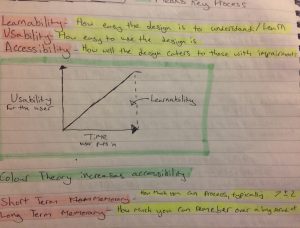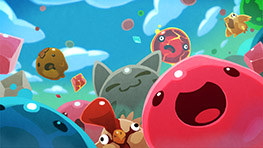A) What do you see as the positives and negatives around copyright?
One of the biggest bonuses about Copyright is that it’s applied automatically. This is great for fledgling content creators as they don’t have to worry about paperwork or costs of protecting their work, they can just produce items and move onto the next. However, changes to copyright laws are proposed every now and then that can be counterproductive to these new creators (http://www.mi-pro.co.uk/news/read/music-creators-urged-to-sign-petition-for-fairer-copyright-legislation/022448, an example). What this shows us is that, clearly the current copyright laws are either dated for the modern world or just in need of change due to new realizations or events that have occurred recently.
Another negative of Copyright law is how it falls under Civil Law rather than Criminal Law. This incites people to make infringement claims as they will have the upper-hand from the get go (http://www.techtimes.com/articles/35298/20150225/apple-to-pay-532-9-million-in-patent-infringement-case-smartflash-leaves-court-smiling.htm, for example). This is a highly debatable point however, as if it were moved to Criminal Law the tables would turn and people would attempt to infringe on copyrights as they would be Innocent until proven Guilty in court.
However, the addition of Creative Commons is a great bonus for Copyright Laws. The ability to allow people to know what they can and can’t do with a product through the use of (up to) 3 little symbols. This means that people who create content from copyrighted products outside of the Fair Use and Parody Laws can still produce their content but are no longer required to communicate with the owner over what they can and can’t do.
B) Is it possible to make anything new?
Making something “New” is simply a matter of subjective opinion. Whether we realize it or not, everything in existence affects us in some way, from colors and shapes to more complex items like body language and context. When I’ve created applications in the past, the HCI elements of the application were decided based on how I knew it would affect the user, which I found out from my teachers, who found out from books and research and so on. However, that doesn’t mean that I follow the rules of HCI detailed in those books. Rather, my teachers may of mis-remembered something or ignored another from the book, and I in turn may of done the same when they were teaching me. The result is something similar to the rules outlined in the books, but not identical.
And it is this that I mean when I say that “New” is down to subjective opinion, in that how different an item must be to be considered “New” is decided by each person individually, hence why things like copyright can be difficult to defend and why avoiding infringement can be a nightmare. Everything is based on at least one other thing that came before, and we build upon it with our own ideas and quirks. However, is something new if it’s made from old parts?
“The ship wherein Theseus… had thirty oars, and was preserved by the Athenians… for they took away the old planks as they decayed, putting in new and stronger timber in their place, insomuch that this ship became a standing example among the philosophers, for the logical question as to things that grow; one side holding that the ship remained the same, and the other contending it was not the same.”
(Plutarch 1880, 7-8)
The ship of Theseus is a great example of this, and the quote above even says why, “One side holding that the ship remained the same, and the other contending it was not the same.”. What is and isn’t “New” is down to subjective belief. Legally, it is down to a judge to decide however.
References
Musical Instrument Professional, published on 12/06/17, “Music creators urged to sign petition for fairer copyright legislation”, http://www.mi-pro.co.uk/news/read/music-creators-urged-to-sign-petition-for-fairer-copyright-legislation/022448, accessed on 30/11/17
Tech Times, published on 25/02/15, “Apple to pay $532.9 million in patent infringement case: smartflash leaves court smiling”,http://www.techtimes.com/articles/35298/20150225/apple-to-pay-532-9-million-in-patent-infringement-case-smartflash-leaves-court-smiling.htm, accessed on 30/11/17
Curve Finder, published on 13/10/16, “Originality doesn’t exist, only influence and iteration/, http://curvefinder.com/creativity/originality-doesnt-exist-influence-iteration/, accessed on 30/11/17
The Metapysicist, “The Ship of Theseus”, http://metaphysicist.com/puzzles/ship_theseus/, accessed on 30/11/17





